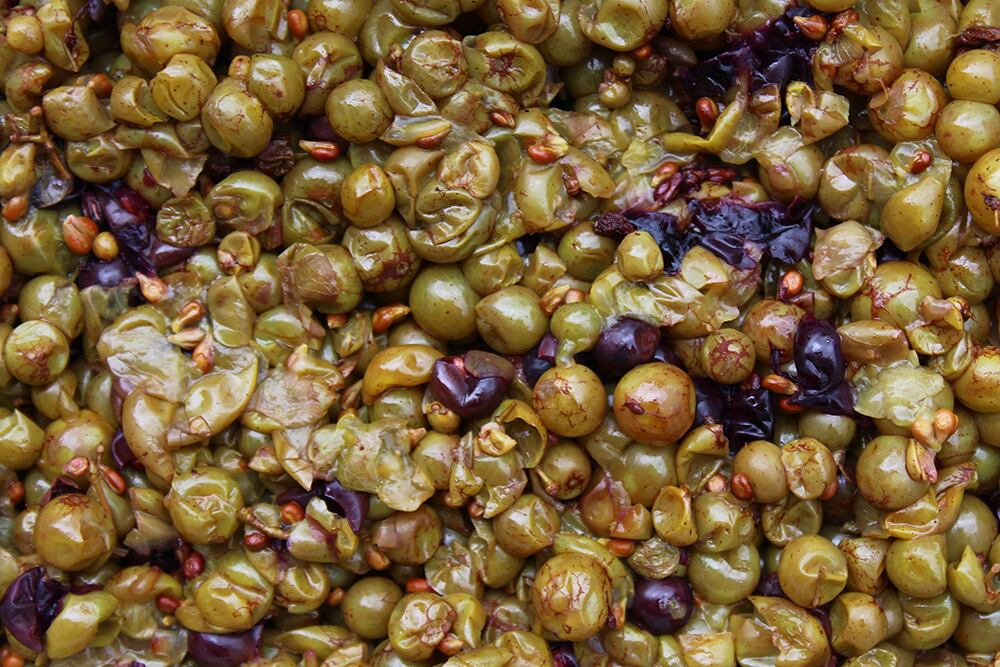The project has been undertaken collaboration with the Fight Food Waste Cooperative Research Centre (CRC), Swinburne University of Technology, Viridi Innovation and Austeng.
It will utilise surplus Australian fruit and vegetables streams, such as grape marc (skins and seeds) and transform into nutraceutical ingredients like grape seed extract, sought after for its collagen, skin and antioxidant functions.
Currently, Swisse sources its grape seed from France.
Nick Mann, managing director ANZ, at Swisse Wellness (H&H Group) told NutraIngredients-Asia this project would allow the company to expand its sources instead of aiming to change or replace its current supply partners.
“In addition, the idea of harvesting premium bioactives from local agribusiness byproducts or excess production fits directly with our overall sustainability and premiumisation strategy.”
The grape seed extract will come from those leftover from wine production in the Yarra Valley, Mornington and Bellarine Peninsulas.
Upcycle food waste
Dr Steven Lapidge, chief executive officer of Fight Food Waste CRC told us that about 350,000 tonnes of grape marc are produced every year in Australia, of which 70% are used to extract grape alcohol, tannins, tartaric acid and grape seeds, and also to produce bioenergy.
“That leaves 100,000 tonnes which are typically left to rot, composted or fed to animals,” Lapidge said.
Swinburne University will undertake the production of grape seed extract for Swisse, with plans to utilise 250 tonnes of Victorian grape marc from the 2020 vintage.
Project Leader Professor Enzo Palombo said: “We’ve done laboratory validation, technical feasibility and yield optimisation, therefore the next stage of commercialisation is establishing a pilot plant capable of producing the required quantity and purity of grape seed extract for Swisse.”
The pilot plant is located at its engineering partner Austeng’s site at Victoria, Melbourne.
Mann said maintaining standardisation across ingredients was a major challenge.
“Standardisation comes down to the strength of process, the science and the specifications, these key elements have always been at the core of our product development and production processes that we use to make our premium, effective products.”
As it is a new and complex process, Mann said R&D would take slightly longer than for a standard supplement product.
“We estimate that the new products will be hitting the shelves sometime in 2021. We are very confident that these products will be well worth the wait.”
In addition, Lapidge said they will also look into other extracts that grapes can provide, apart from its grape seed extract.

